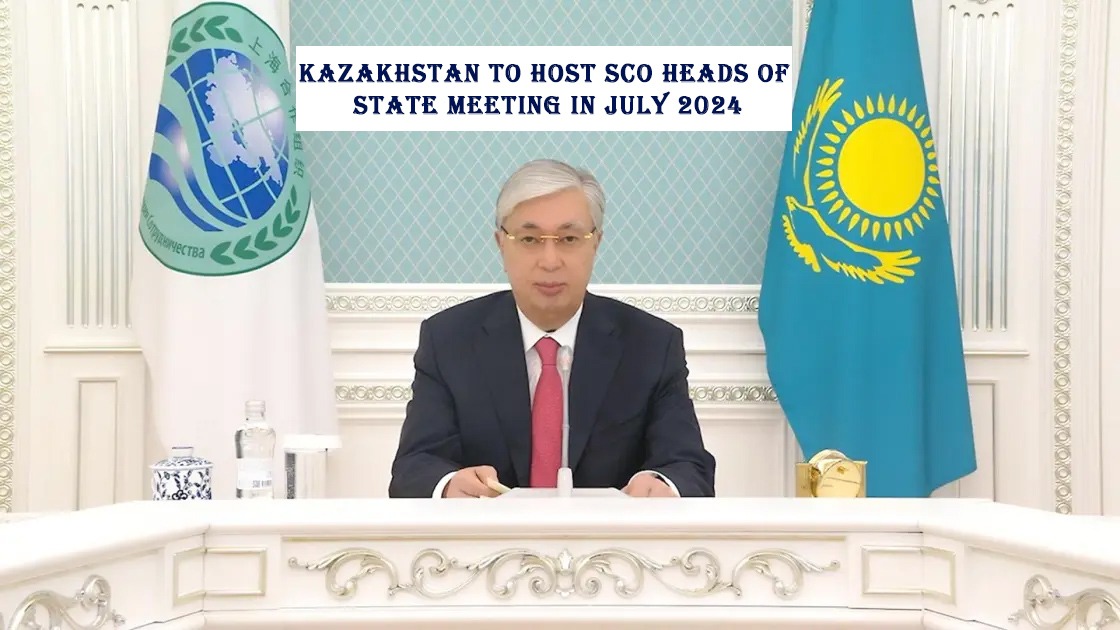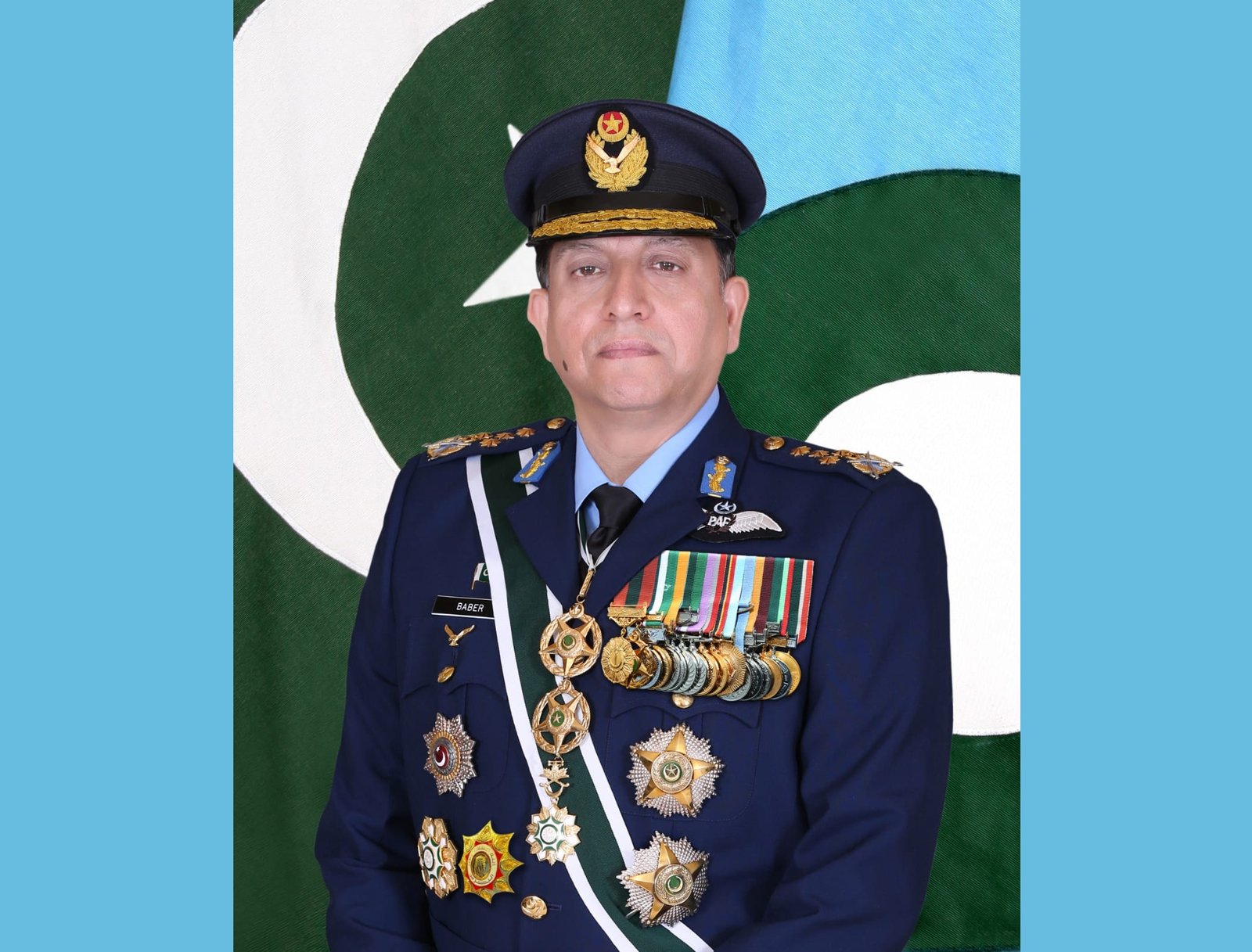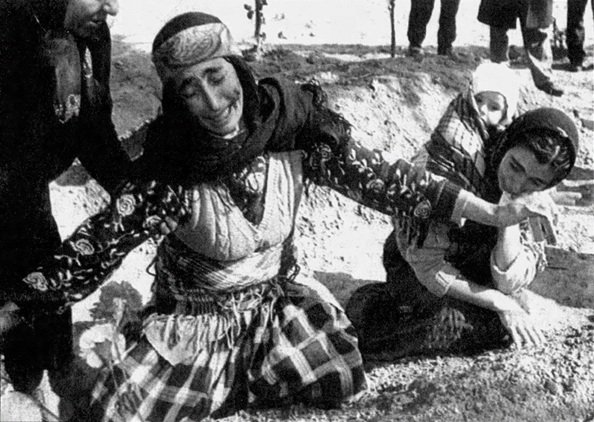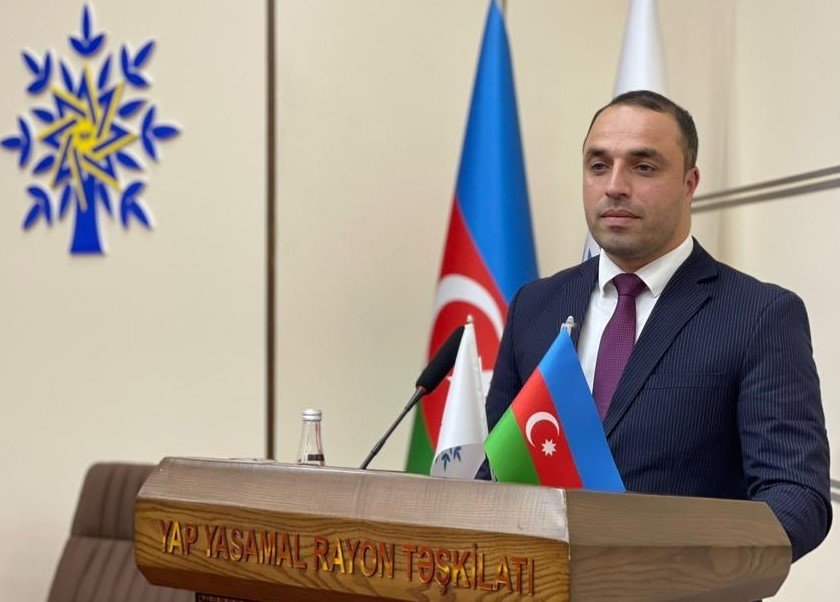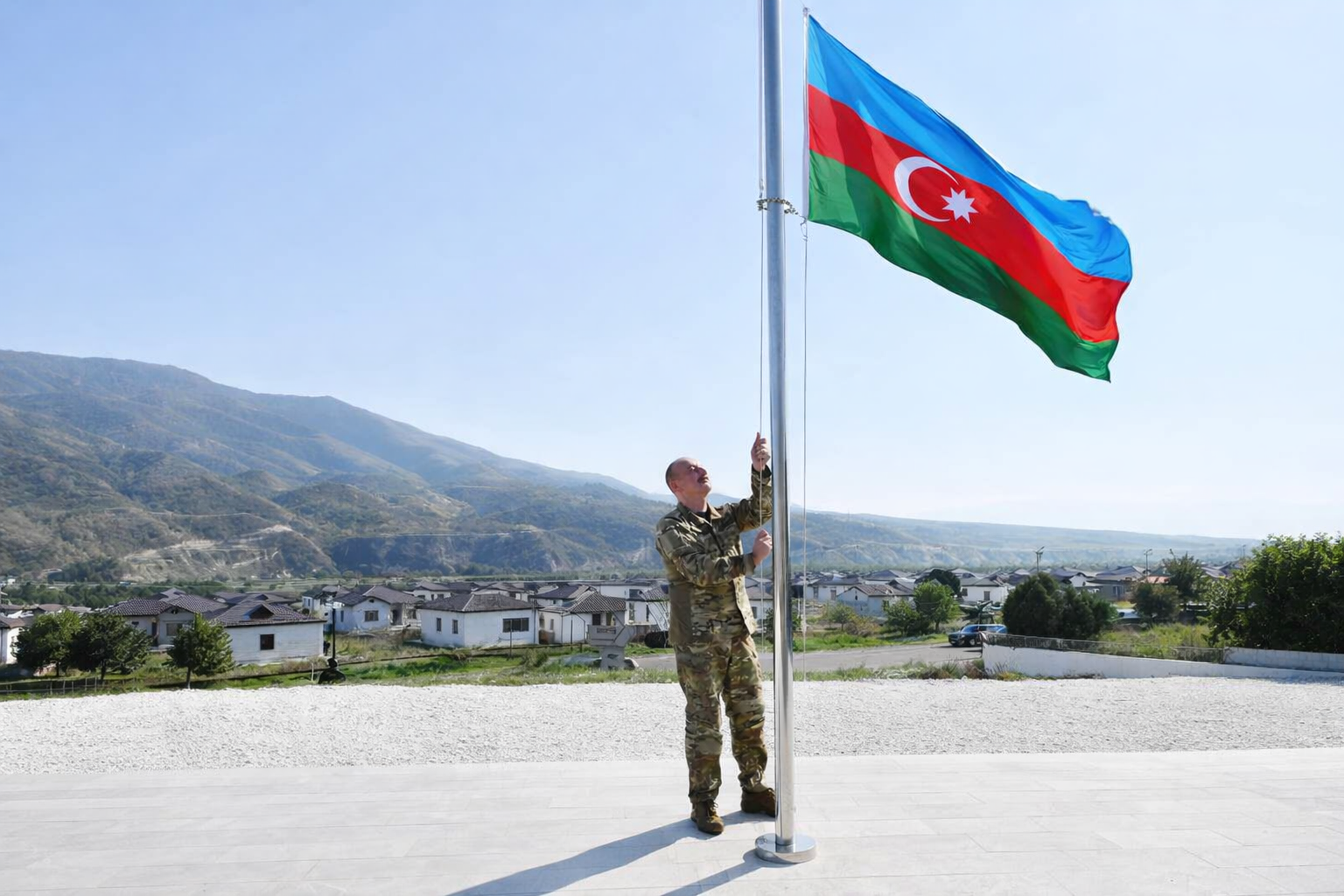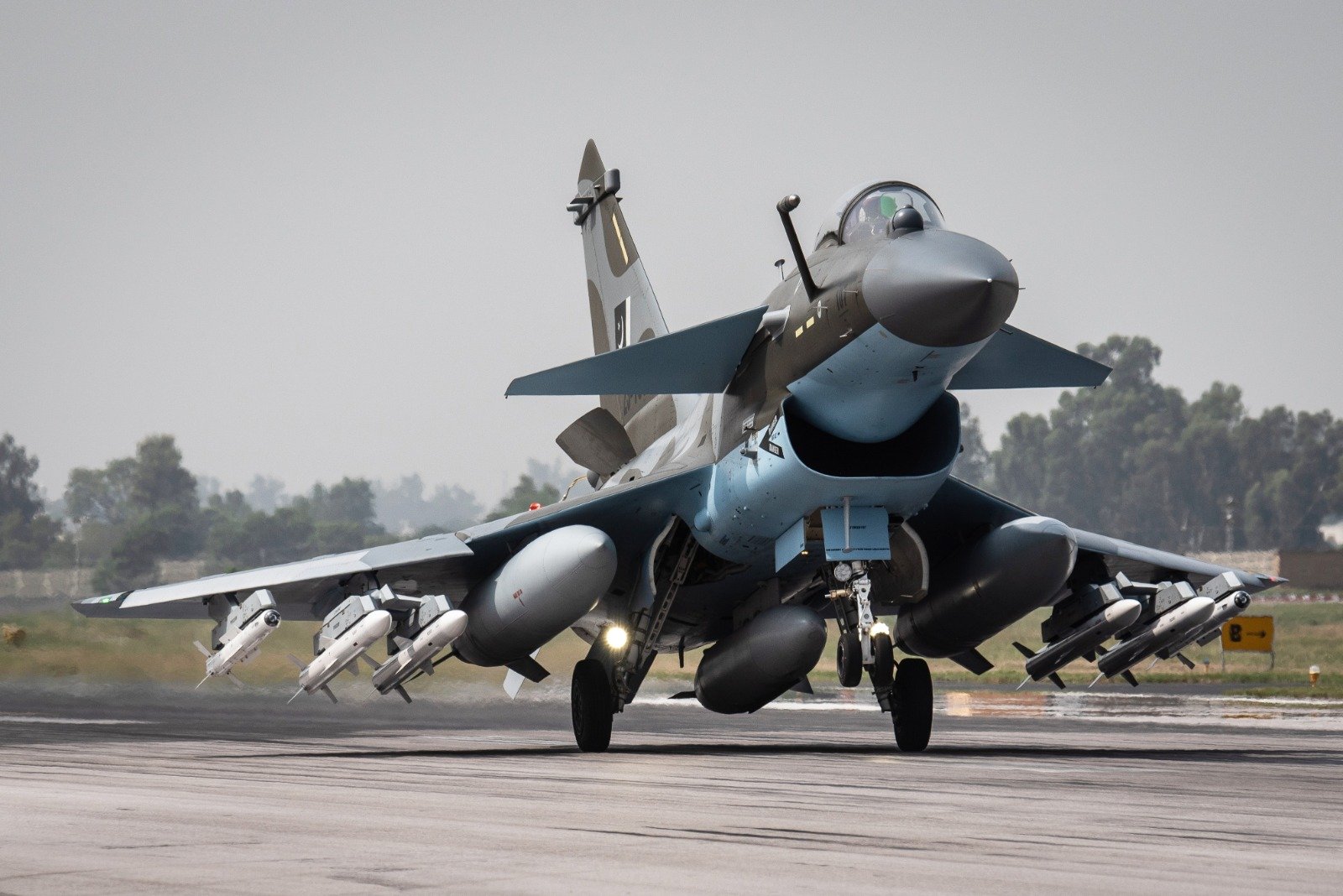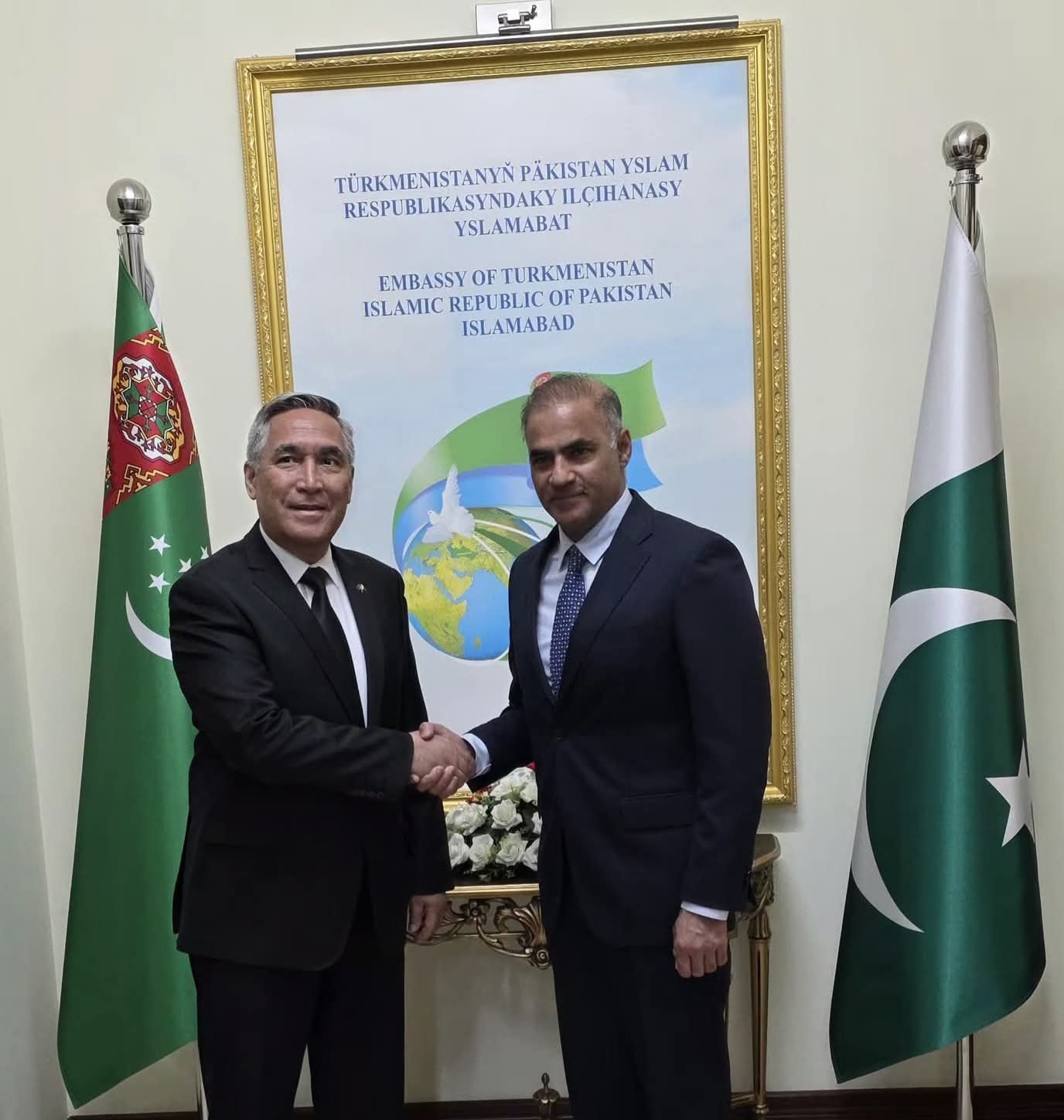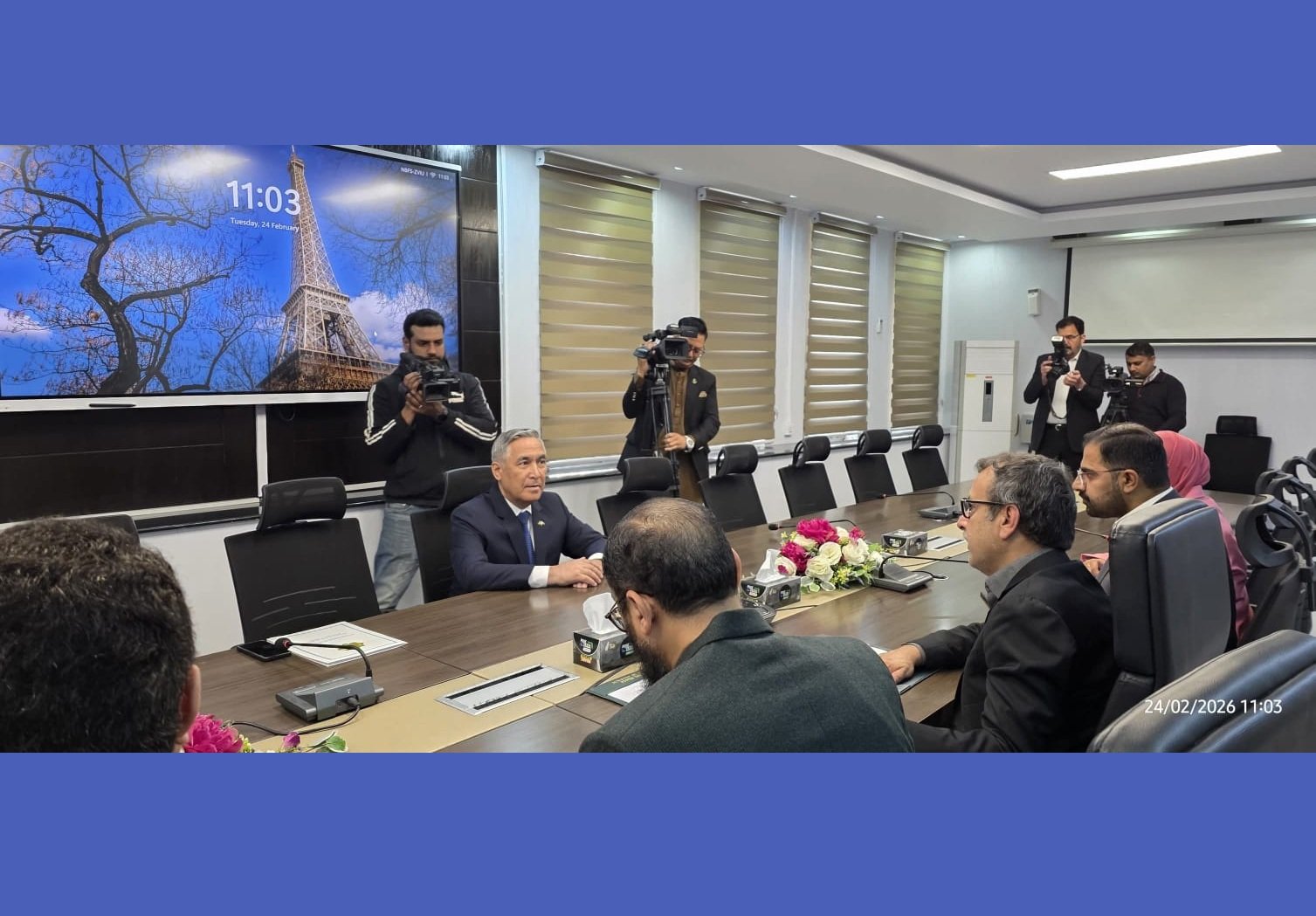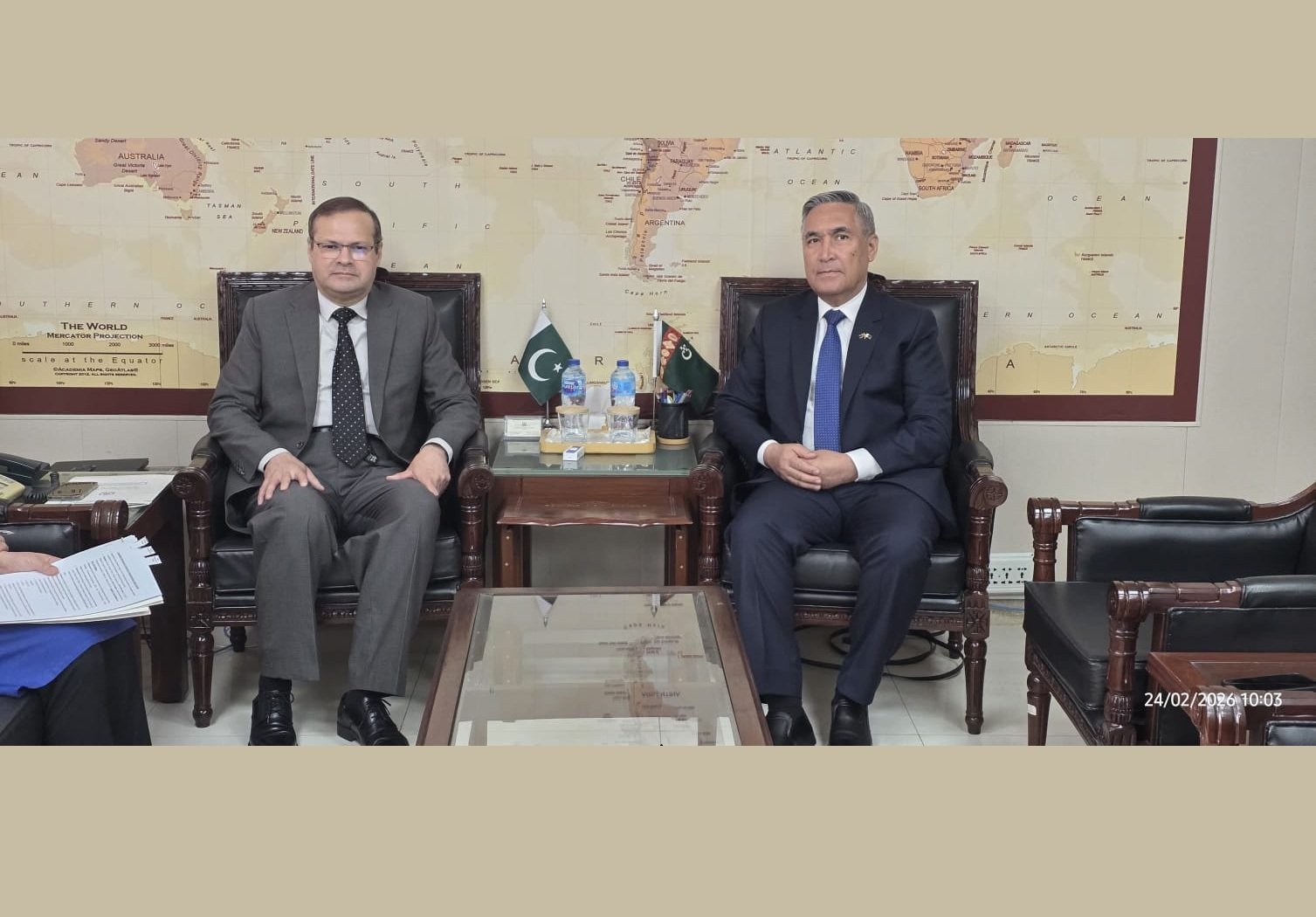Kazakhstan is set to host the Shanghai Cooperation Organization (SCO) Summit in Astana on 3-4 July, 2024. The heads of SCO member states will engage in discussions on political, trade, economic, cultural, and humanitarian cooperation alongside leaders from observer countries and dialogue partners. President Kassym Tokayev’s leadership has been working tirelessly to integrate countries and tackle common issues with a holistic approach.
As a founding member of the SCO, Kazakhstan has consistently championed the organization since its inception, spearheading numerous initiatives such as the Agreement on Cooperation and Interaction of the SCO Member States on Border Issues, the SCO Development Strategy until 2025, and various programs targeting terrorism, separatism, extremism, and food security.
President Tokayev reiterated Astana’s view of the SCO as an effective mechanism for promoting regional security, trade, economic cooperation, and cultural and humanitarian exchanges. He emphasized the importance of the upcoming summit, themed “Strengthening multilateral dialogue: striving for sustainable peace and development,” and stressed the need for carefully drafted final documents that reflect the perspectives of all member states.
Kazakhstan aims to leverage its chairmanship to foster technological advancement, regional cooperation, economic expansion, trade, commerce, and academic excellence, alongside reinforcing health cooperation, particularly pertinent in the current pandemic era. This comprehensive approach is expected to bolster regional connectivity and strengthen economic and security alliances.
The summit will review several documents, including the draft Astana Declaration, the SCO Initiative on World Unity for Just Peace and Harmony, and a roadmap for enhancing interaction with SCO dialogue partners. Since assuming the SCO chairmanship in 2023, Kazakhstan has organized over 180 events addressing economic, investment, transport, cultural, humanitarian, and environmental topics, particularly within the Year of Environment 2024.
The SCO Secretary-General commended Kazakhstan’s engaging and informative chairmanship, expressing optimism that the successful Astana Summit would invigorate the SCO, marking another critical milestone in its evolution. Kazakhstan’s leadership aims to transform the SCO into a practical and effective platform for expanding trade and security cooperation which also emphasized the importance of joint action on environmental challenges and closer digital ties.
Kazakhstan’s Global Diplomatic Recognition
Kazakhstan has played a crucial role in shaping the organization’s agenda, having chaired it four times. The President Tokayev leadership, taking the helm of the SCO next, has outlined priority tasks for the upcoming summit, focusing on raising the organization’s potential and authority, ensuring regional peace and stability, reducing poverty, and enhancing intraregional trade and digital customs procedures. Kazakhstan’s administration is leaving no stone unturned to ensure the summit’s success, with President Tokayev advocating for a new SCO development strategy to enhance cooperation in promising areas such as energy, digital transformation, and security.
Kazakhstan remains committed to fostering bilateral and multilateral cooperation through constructive dialogue and active diplomatic and foreign economic engagement, emphasizing integration within the Eurasian and Central Asian regions. As a responsible member of the international community, Kazakhstan is dedicated to defending its national interests, sovereignty, and independence, ensuring that all state decisions, whether domestic or foreign policy, align with fundamental national interests. Additionally, Kazakhstan aims to become one of the key transit hubs in Eurasia, playing a pivotal role in fostering international trade and cooperation between Europe and Asia. Consistently developing transit corridors and comprehensively stimulating foreign trade turnover are deemed necessary steps in Kazakhstan’s journey towards greater economic prosperity and regional connectivity.
The upcoming SCO Heads of State Summit will mark a new era, focusing on strengthening humanitarian and cultural ties, enhancing energy cooperation, and strengthening regional connectivity.
Furthermore, regional connectivity through the Shanghai Cooperation Organization (SCO) will pave the way for supranational regulatory systems and a flexible model of future alignments. Given the diverse nature of integration required to implement various initiatives, the most significant aspects of the SCO involve harmonizing national interests through negotiations, political coordination, and mutually acceptable solutions to problems. The SCO also focuses on enhancing people-to-people contacts, promoting inclusive economic development, and taking concrete steps for collective activities.
Kazakhstan’s strategic location as a bridge between Europe and Asia, combined with its well-developed transport system and active participation in international agreements and programs, underscores its commitment to trade facilitation and multilateral cooperation. This determination reflects Kazakhstan’s dedication to promoting economic development and connectivity along the corridor, highlighting the nation’s pivotal role in fostering regional integration and prosperity. Kazakhstan’s contributions to regional peace and cooperation are likely to remain essential for addressing the complex challenges.

Executive Director, Pakistan Research Center for a Community with Shared Future (PRCCSF).
